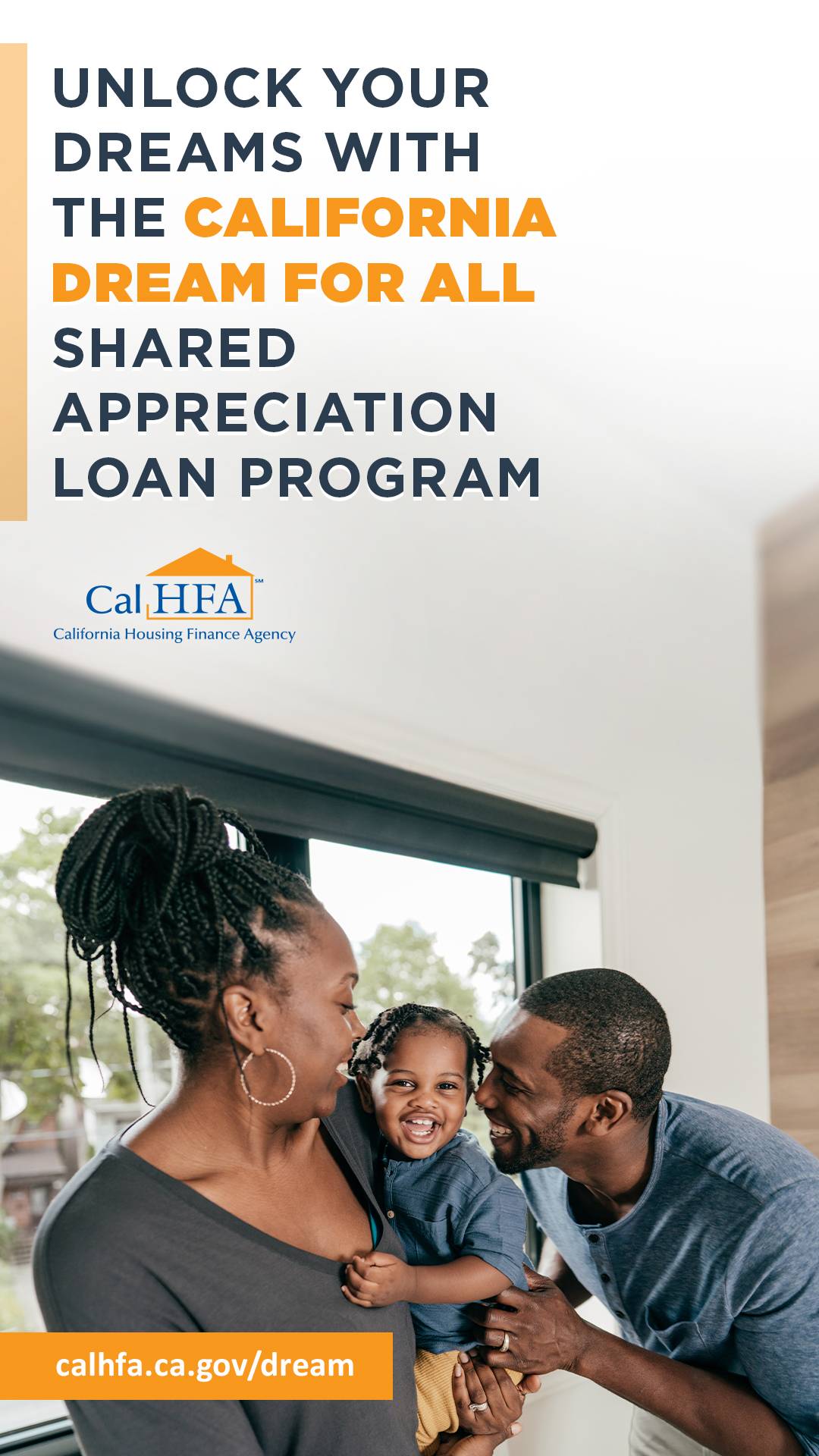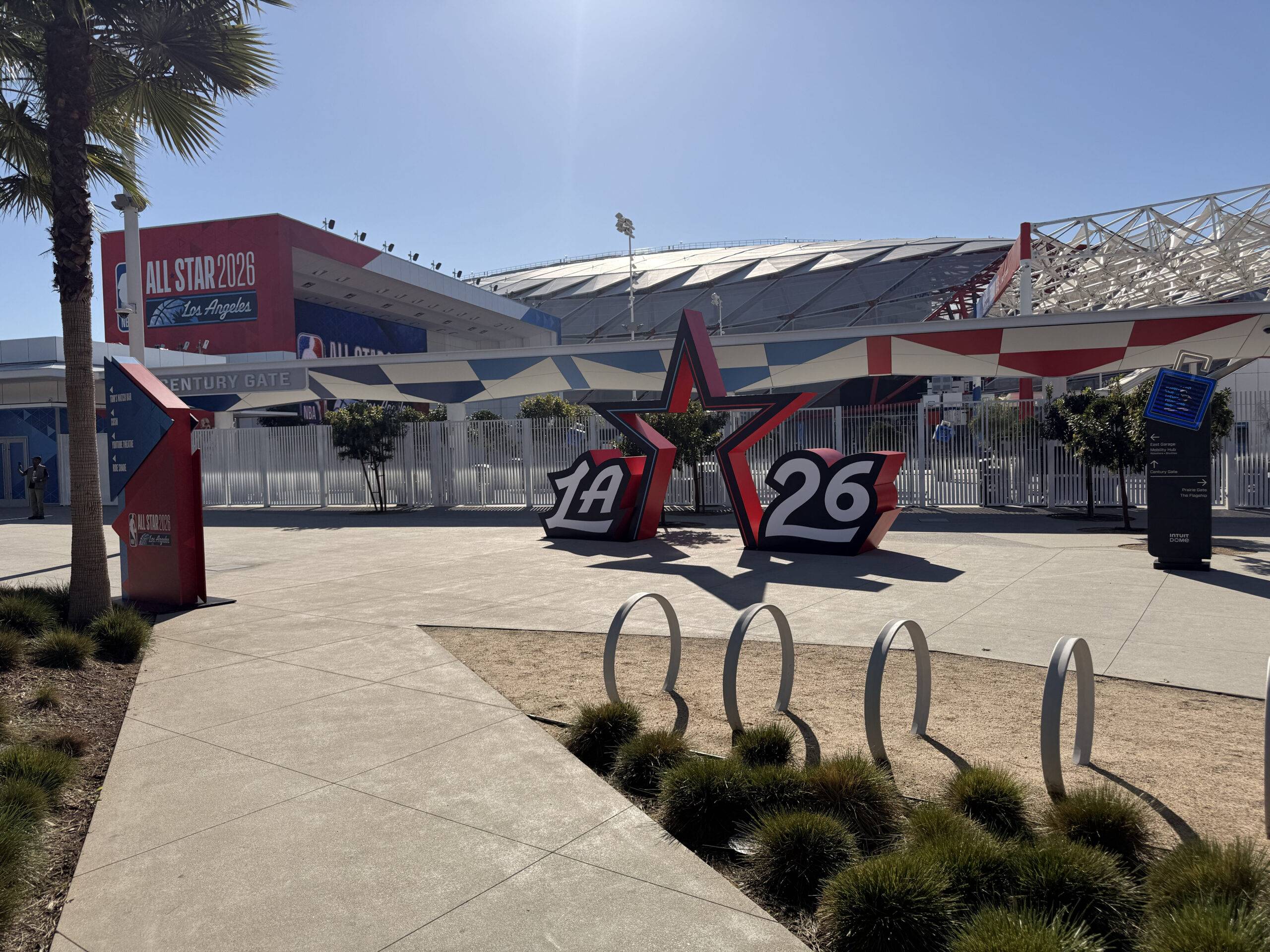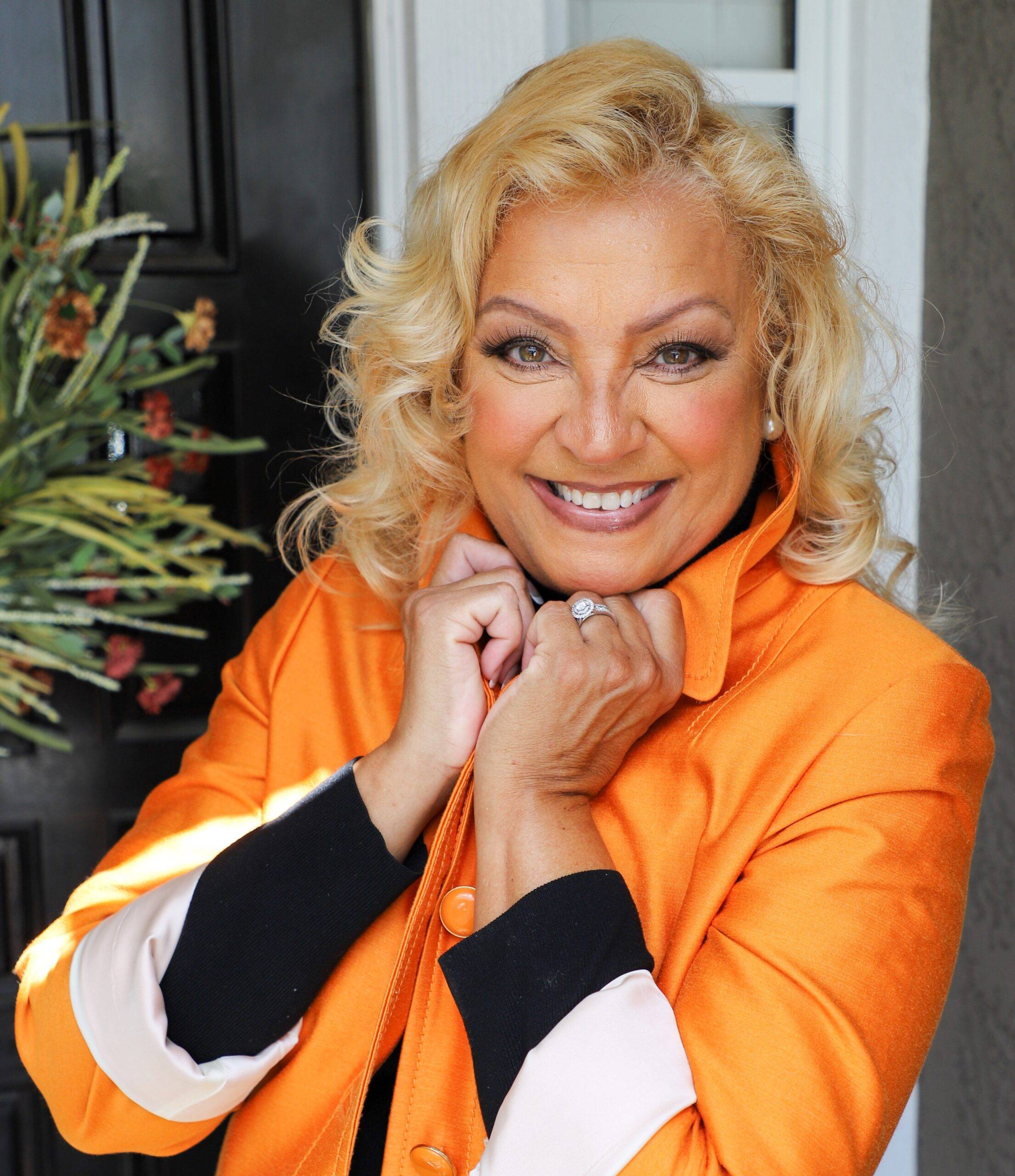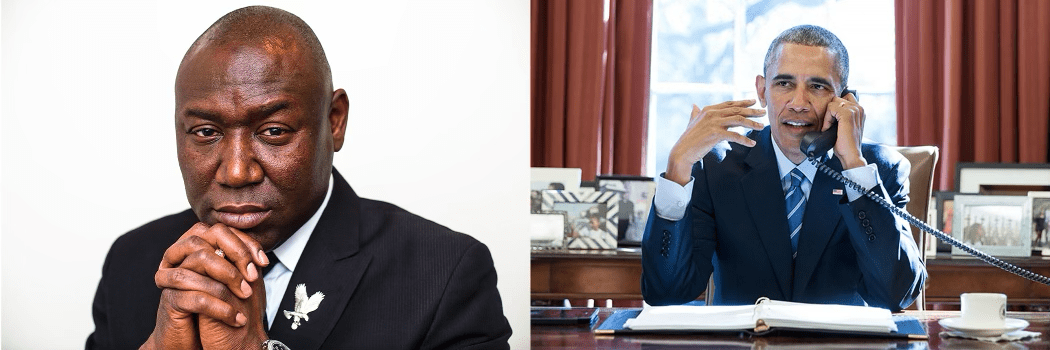Fontana, CA — You know that feeling — your mind wanders to them during work, your phone buzzes and you hope it’s them, you replay their laugh in your head, and sometimes you surprise yourself by smiling at nothing (or at the memory of their smile). But is this love — or just a high-powered infatuation?
We live in an age of Netflix intimacy, ghosting, and hyper-romance packaged as “forever.” In the Black community, where our love carries extra burdens — from racial stressors to cultural expectations — it can feel like we’re in a pressure cooker. We want love to be instantaneous, profound, undoubtable. But real love, like a solid foundation, often reveals itself slowly, under strain, over time.
If you’re wondering whether what you have is love or just a romantic rush, here’s what to look for — with a little humor, a little honesty, and a respect for our particular Black love narrative.
The Science Behind the Spark
First: some quick biology. Romantic love and infatuation share overlapping brain chemistry. In early-stage attraction, dopamine, norepinephrine, and diminished serotonin play starring roles — that rush, the insatiable thinking, the preoccupation. (It’s no coincidence that early romantic love resembles addiction in terms of brain activation).
Psychologists often distinguish passionate love (the ardent, heart-racing kind) from companionate love (the deeper, steady, friendship-rooted kind). So when your heart is doing somersaults, that’s not disqualifying — it’s expected at the beginning.
Dorothy Tennov, who coined limerence (a term often used to describe obsessive, high-intensity attraction), estimated that limerence often lasts somewhere between 18 months and 3 years (though it might be shorter or, in rare cases, longer). But — and this is key — limerence is not always the same as lifelong love. It can lighten or vanish entirely once the idealizations fade.
So yes: chemistry will get you started. But chemistry alone doesn’t keep a house standing.
Black Love: The Context Matters
We can’t talk about love in Black spaces without acknowledging context: racism, colorism, generational trauma, social expectations, and often a need for protection in a world that signals danger. In a 2025 dissertation, researcher Melinda Murdock interviewed Black couples about Black Love and found that one recurring theme was the idea of “a safe place” — a relational zone where partners feel affirmed, emotionally protective, and resilient against external pressures.
In other words: loving in a Black context often demands that the relationship itself become a fortress — not just for two people, but for each soul in the face of society that might see you as “less than.” That added weight means that many Black couples have to negotiate not only who they are to each other, but how the world sees them. That test of external pressure is one of the litmus tests of love: can you lean on each other when storms come — storms that might come from outside your home, not inside it.
Also, in qualitative studies on Black love narratives, researchers have found that committed Black couples often describe love less as “spark, spark, spark” and more as “steadiness, history, choosing” — sustained through trying times.
So How Do You Know? (Signs You Might Be in Love)
Below is a composite of insights from therapists, relationship scholars, and real folks who’ve been there:
| Sign | What to Note | Why It Matters |
| You see them as a whole person — flaws, fears, quirks | You don’t just love their highlight reel; you accept the awkwardness, the bad moods, the “less attractive” days. | Infatuation is often idealized. Love ground-truths. |
| You feel safe and seen | You can talk about your worst memory, your deepest insecurity, and still feel accepted. You trust them to hold space, not run when it gets messy. | Love isn’t always fireworks; often it’s “you, next to me, steady.” |
| Your mood is not hostage to the relationship | If they don’t text back immediately, you don’t spiral. If your day is rough, you can still find your own footing. | Infatuation often hijacks emotional equilibrium. |
| You’re building, not just consuming | You talk about dreams, plans, values. You start to think in “we” language. | Love is not just being wrapped up in someone — it’s being willing to build with them. |
| You don’t ignore red flags | You don’t sugarcoat major issues. You ask tough questions. You notice misalignments. | Infatuation tends to gloss over incompatibility and warning signs. |
| You can be yourself — and evolve | You don’t feel pressure to perform, to “level up” overnight, to hide parts of yourself. | Real love gives room for growth, for failure, for breakthroughs. |
| They’re one of your first calls when things go wrong | If crisis hits (health, loss, family), instinctively you lean toward them. | In infatuation, support is conditional or tentative. |
If you tick off several (or many) of these, you might be on the path to something deeper — something lasting.
What About Time? (Yes, You Can Feel Big in a Week — but…)
“Wait — you said lifelong, and it’s been a WEEK? Are you kidding me?”
I hear you. The timeline objection is fair. Some folks scoff at the idea that you can really be in love after seven or fourteen or thirty days. But (spoiler) love is not strictly linear. It doesn’t always wait for tidy markers. What matters is depth over duration.
Still: there are risks in confusing a love bomb for forever:
- You may be riding limerence, not love. That high-voltage rush often peaks early and fades.
- You might idealize and gloss over faults — red flags can hide under the glitter.
- Sometimes early declarations force pressure that the relationship can’t sustain.
Most clinicians and love researchers caution that declarations like “forever” or “soulmate” are best held until after you’ve weathered storms together.
Still — could seven days feel like eternity? Absolutely. Emotions don’t always wait for reason. What matters is where you go from there. Can you move from exhilaration to steady care? From fantasy to discipline, from “me” to “we”?
I lean with the idea that infatuation is often the door, not the destination. It’s possible to evolve into love — or fade into heartbreak. Your job is to walk intentionally.
How to Test It (Without Blowing Up the Romance)
Here are some gentle “experiments” you can run — unassuming but revealing:
- Skip the grand gesture
Don’t plan a dramatic trip or get a tattoo early. Instead, spend a quiet evening talking about where you come from, your childhood, your regrets. - Wait on impulsive promises
Don’t jump to “I love you,” “Let’s move in,” or “Let’s have kids” until you’ve been tested. See if your feelings persist when you’re sober, tired, busy, stressed. - Invite tension
Argue over small things (politics, chores, chores you don’t want to do). See how conflict is handled: do you both stay present, or does one bail? - See how you care when you don’t feel like it
There will be days when you’re not in the mood — when life’s heavy, you’re tired, or you’re cranky. Do you still show up? Do they? - Lean into daily life, not perfect moments
Meet each other’s families, see how they treat their friends, pay attention to how they show kindness (or fail to). Love is revealed less in fireworks than in the mundane. - Track your emotional health
Are you less anxious, more hopeful, more grounded — or are you obsessing, overthinking, emotionally volatile?
If after several months (or a year) your answers tend toward stability, acceptance, resilience — that’s a good sign.
Because here’s the real truth: love doesn’t always wear a neon sign from day one. More often, it shows up in quiet persistence: in the way you fight, the way you heal, the way you return.
If you’re in Black love, you’re also committing to a sacred craft — building a partnership that offsets some of the world’s pressure rather than amplifying it. That means being honest with yourself: don’t mistake a great start for a guarantee. But don’t deny a deep feeling just because your patience is lower than your hope.
You just might be in love. But love isn’t just what you feel in the first week — it’s what you choose in every week that follows.






